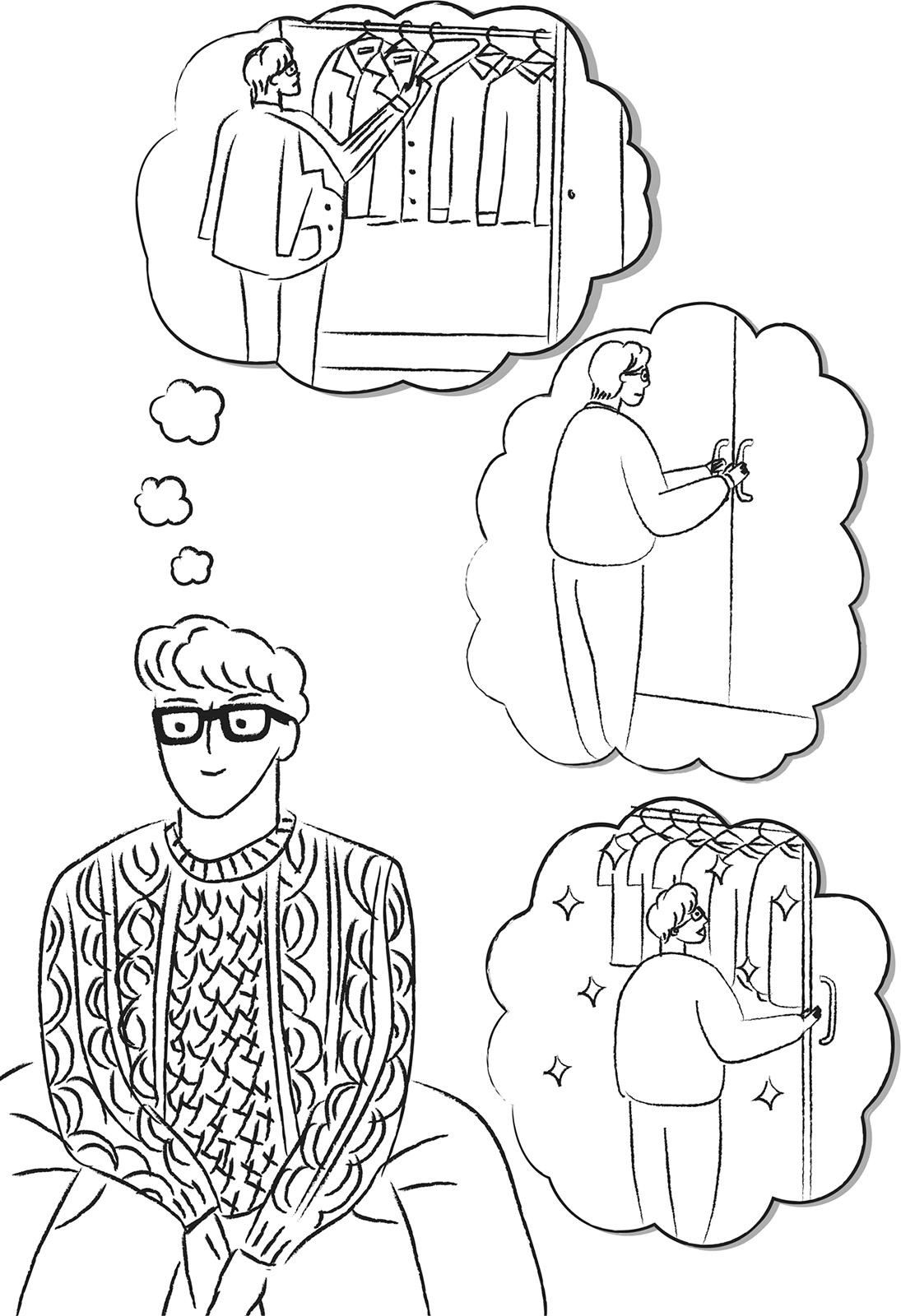
It can be an obvious shift that occurs as the clock strikes 5 p.m., or during the commute. For some of us, especially perhaps for those of us working at home, the transition from work to leisure is more nuanced, an inner reorientation and a gentle sense of closure.
Knowingly or unknowingly, we need our little rituals to help us lay the day’s work to rest. Once we find ways to switch off, the evening can become a sanctuary – a time to recuperate from the day and prepare for the next one.
What’s more, the evening is to be enjoyed for its own sake. More than just a slither of unusable time between work days, it can be your opportunity to explore your happiness outside the boundaries of your usual wage-earning work.
Let’s commit to valuing our evening time so that we can make the very best use of it! Responsibilities and commitments allowing, we have several hours between now and bedtime – so what is the thing you would most like to be doing?
As well as being an opportunity for fun activities, like letter writing and spa treats, nights at home thankfully offer us the chance to just be.
As I was leaving my office at around 5 p.m. one afternoon, someone called out, ‘Half day?’ However, despite our workhorse culture, there is a growing body of evidence to suggest that – for all our good intentions – working too hard doesn’t do us or quality of the work itself any favours.
Erin Reid, a professor at Boston University, found that managers were unable to tell, based on output, which employees had worked eighty hours and which were just pretending to work. If we are low on energy it can seriously impair our interpersonal skills too. Making judgement calls, reading other people’s faces, managing our own emotional reactions and communication all appear to suffer in response to stress and over-working. Just like children, we get tired and cranky, making it increasingly difficult to act in line with our usual love and understanding.
TIP: You aren’t a commodity, you’re an artist – and just like completing a beautiful painting, you’ve got to know when a day’s work is done!

Don’t confuse activity with achievement: studies suggest that some people waste around two hours every eight-hour day at work making personal calls and doing other (self-preserving) activities like surfing the web and making coffee. Many companies are coming round to the idea that, if given the opportunity, office staff would work productively for four days, and enjoy the fifth off. Here are some survival tips:
Sometimes we are so passionate about our work that we want to give it our all – and any time spent away from our business can feel guilt-provoking. If this applies to you, I would like to invite you to do a little investigation here, and see whether or not reclaiming your post-work period influences the quality of your work during the day.
Research involving almost 400 middle-aged men and women suggests that those who took naps at lunch time reported lower blood pressure than those who stayed awake the whole day through.
Work with your own rhythm: some days you might be very creative and other days you might be quieter. Such is the natural flow of life.
I have a friend who says he needs to ‘come away from things’ during the day, but he can’t seem to meditate at the office. We explored other activities he could do during lunch and he decided to learn French. After ten minutes at lunchtime conjugating verbs, he now feels calmer and refreshed.
When was the last time you ate something wholesome and nutritious? If it was hours ago, why not try picking up some fruit or a heathy snack on the way home so you aren’t ravenous when you walk through the door?


(8 minutes)
Take an Easy Seat.
Follow your Easy Breath for a few moments.
Let your body settle in.
Take a little journey in your imagination. (Some people use their inner vision to see themselves doing particular things on their way home, for instance.)
Imagine that you are now making your way to your wardrobe.
It’s been a long day and so much has passed …
Piece by piece, begin to take off your working clothes really thoughtfully, thankful for the things they have seen with you during the day.
Hang up each piece carefully.
Feeling lighter with each item you take off.
Close the wardrobe.
Give it a moment and open the wardrobe again – and you’ll be amazed to find a whole other selection of clothes at your disposal.
Piece by piece, begin re-dressing.
Feel yourself shifting your perspective and beginning afresh. A new day.
Close the wardrobe and make your way back, in your imagination, to the here and now, in your body, resting, fresh, clean and ready to begin a new part of your day.
